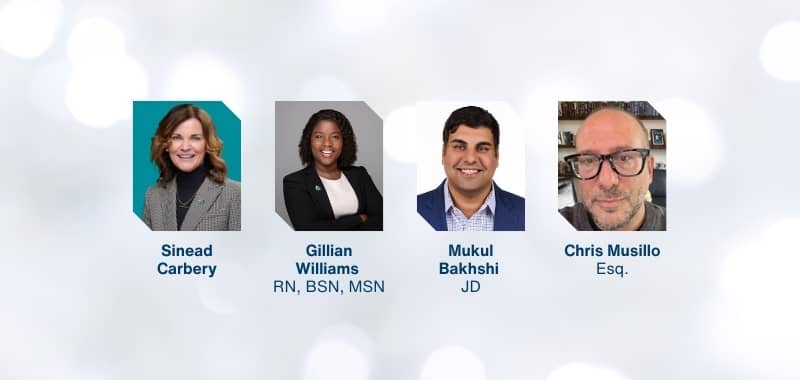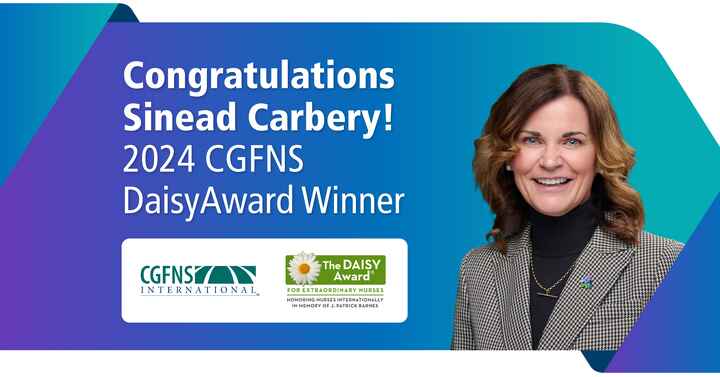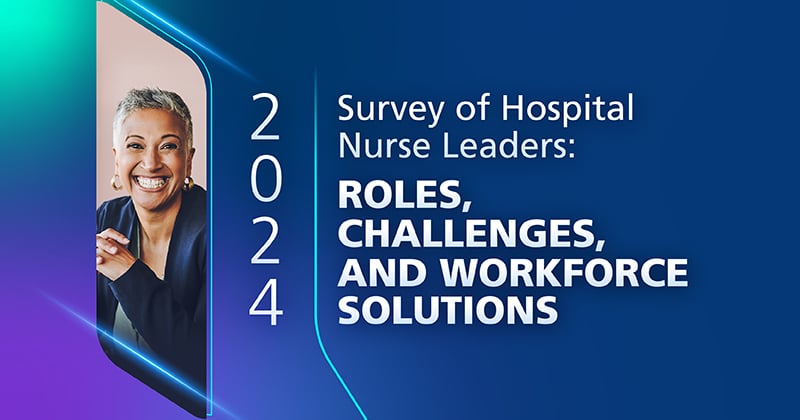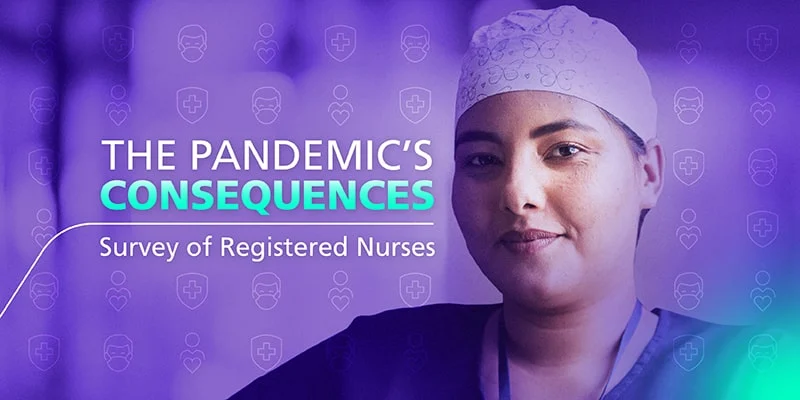
Opiate Addiction: The Silent Epidemic Among Nurses
Many nursing professionals may believe they're immune from addiction, but they're in just as much danger of becoming affected by opioid dependence as the patients they treat. While popular shows like Nurse Jackie might unintentionally glorify drug addiction in nursing, opioid addiction is a silent epidemic among nurses that must be seriously addressed.
Nurses with a substance use disorder have impaired judgment and slower reaction times that could comprise their performance and endanger patients' lives. It's vital to learn the signs of addiction and the many non-disciplinary programs available to help nurses struggling with addiction.

How bad is the problem?
According to the American Nurses Association (ANA), about one in 10 nurses may be impaired or in recovery from drug or alcohol addiction. This translates to 10 to 15 percent of all nurses. While nurses aren't at any higher risk of addiction than anyone else, they do have greater access to drugs in their work environment, making it easier for them to continue the cycle of abuse.
Seattle University emphasizes that substance abuse is a leading cause for nurse discipline across the country and drug diversion is the number one infraction related to substance abuse. Some of the most commonly abused substances by healthcare professionals include alcohol, antidepressants, morphine, Vicodin, Demerol, Percodan, Tramadol, and codeine, but drug addiction in nurses can lead to the use of whatever drug is readily available.
Causes of substance abuse disorders
Nursing is a fast-paced, stressful occupation that requires physical, emotional, and mental stamina. Drug addiction can happen to anyone, but these and other aspects of being a nurse can allow ample opportunity for addiction to take hold. One of the biggest reasons substance abuse may occur is heightened temptation due to the easy accessibility of a wide variety of prescription painkillers.
Drug addiction in nursing could also arise due to fatigue. Working long shifts, especially when overtime is mandatory, increases fatigue. Physical and emotional exhaustion may lead nurses to self-medicate, which can lead to substance abuse. Like fatigue, dealing with the demands of a high-stress environment often filled with guilt and despair can also lead to abuse. Other reasons a nurse may fall victim to drug addiction include poor regulation and policy enforcement, a conspiracy of silence, and caregiver burnout.
Gain a new perspective of your nursing career and prevent caregiver burnout with a travel nursing job at AMN Healthcare.
Signs of drug addiction in the nursing
Nurses with a substance use disorder may think they don't have a problem and believe they're in control until they hit bottom. By this time, they've become a danger to themselves, their patients, and the reputation of the nursing profession. Ensure you're aware of common physical and behavioral signs of addiction, including:
- Absenteeism from work
- Excessive sick days
- Fatigue or hyperactivity
- Personality changes
- Mood swings
- Confusion, difficulty concentrating, or memory loss
- Poor judgment or lack of impulse control
- Tremors dilated pupils or runny nose
- Untidy appearance or deterioration in hygiene
- Frequent bathroom trips
- Rapid weight loss or gain
- Sloppy record-keeping
- Heavy drug wastage
- Frequent lying
When you suspect substance use disorders
Many nurses abusing drugs successfully hide their addiction for long periods of time. This makes it especially difficult to identify a colleague's substance abuse. When you've grown close to a co-worker, it's also difficult to suspect them of having a problem. You may also fear reprisal for reporting your suspicions to your nurse manager, but you must take steps to get them the help they need.
You have an ethical and moral duty to patients, the community, and the nursing profession to take action. You might begin by urging a substance-abusing nurse to seek help from an assistance program, but it may require confronting the problem through your organization's policy and procedures regarding substance abuse among its employees.
Treatment options for substance abuse
Nurses with substance abuse disorders can and do recover. Many hospitals didn't offer substance abuse services to their staff until state legislatures approved treatment options for healthcare professionals in the 1980s. Now, nurses seeking treatment have numerous opportunities for successful recovery. Many professional organizations like the ANA are strong supporters of alternative or peer assistance programs that support safe rehabilitation and an eventual return to the workforce instead of termination.
Most state Boards of Nursing offer non-disciplinary programs for nurses struggling with addiction that allow them to seek treatment without losing their licenses. These comprehensive programs provide monitoring and support to promote safe rehabilitation. Along with treatment, these programs have proved effective. The National Council of State Boards of Nursing provides an Alternative to Discipline Program for Substance Use Disorder directory for nurses to locate alternative programs by state.
Drug addiction in nursing threatens professional standards and the delivery of quality care when left unchecked. If you or a healthcare professional you know are facing substance abuse, don't delay seeking help or you could endanger patients' lives, impact your physical and mental health, jeopardize your license, and suffer serious financial and legal consequences.
Latest News
International Recruitment Webinar
Healthcare employers across the U.S. are navigating unprecedented staffing challenges. This exclusive webinar will provide actionable insights into how international clinicians can enhance your
Discover the Vital Role of International Nurses in the U.S.
This white paper is a comprehensive resource to understand the indispensable contribution of international nurses to the U.S. healthcare system.
2024 Nurse Pulse Survey
Explore the full findings of the 2024 Nurse Pulse Survey and gain exclusive access to detailed insights that can guide your strategies and initiatives.
The Ultimate Guide to Strike Contingency Planning
Our “Ultimate Guide to Strike Contingency Planning” equips healthcare leaders with insights, strategies, and tools to ensure continuity of care during labor strikes.
Celebrating Excellence in International Nurse Recruitment:
Sinead Carbery, one of two individuals winning the prestigious 2024 CGFNS DAISY Award.
2024 Survey of Hospital Nurse Leaders
This new survey of hospital Chief Nursing Officers, Chief Nursing Executives and other nurse leaders examines the roles, challenges, and workforce solutions.
Keys to Selecting the Right Partner to Solve Unexpected Staffing Demands
Staffing challenges in healthcare are often unavoidable, but having a plan in place and resources ready can make all the difference for organizations, caregivers, and communities.
2023 AMN Healthcare Survey of Registered Nurses
The AMN Healthcare 2023 Survey of Registered Nurses examines the serious challenges now facing nurses related to career satisfaction and mental health and wellbeing as a result of the pandemic.











